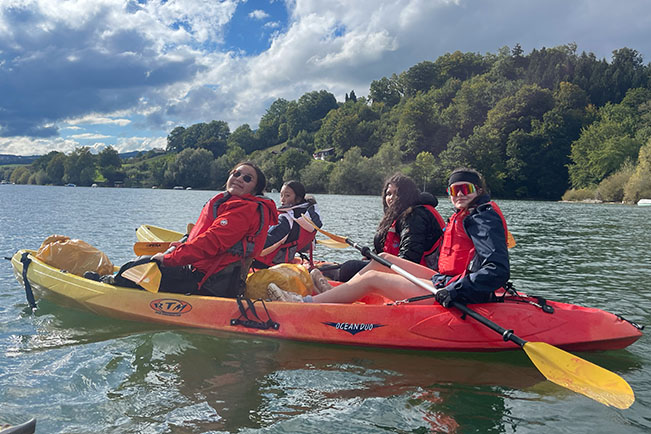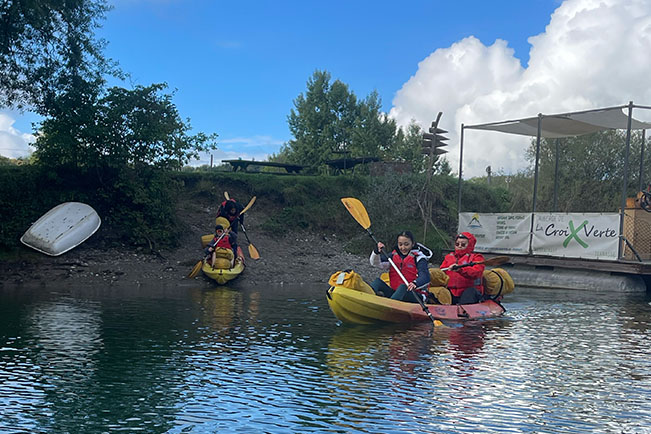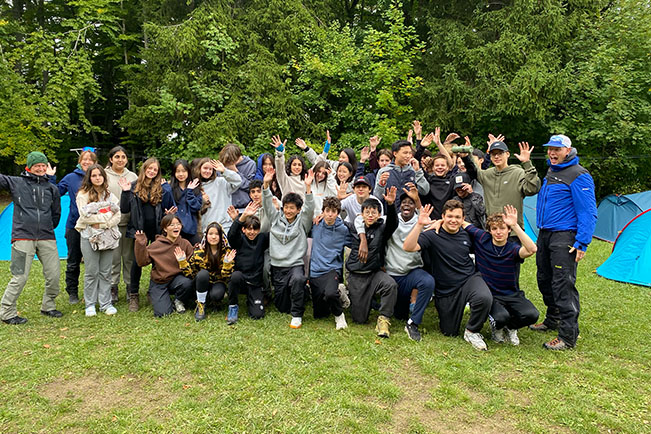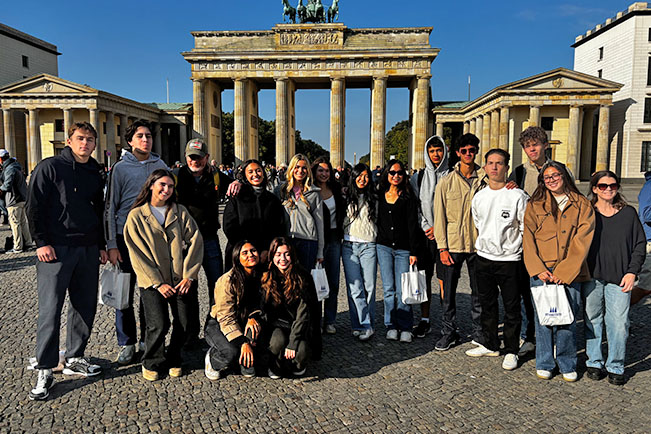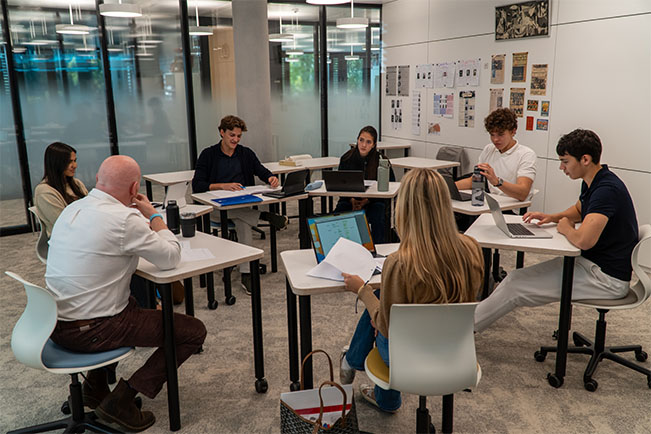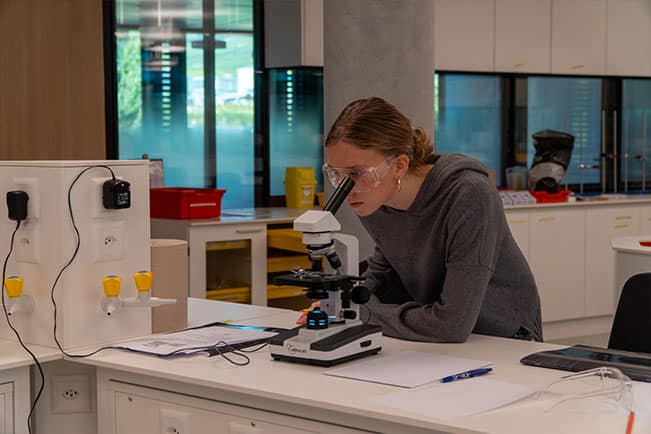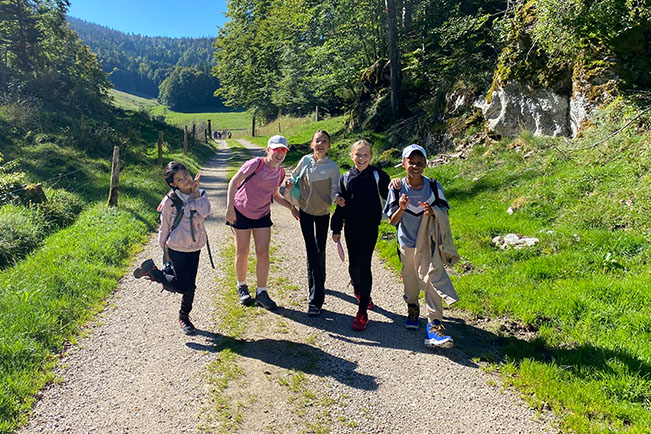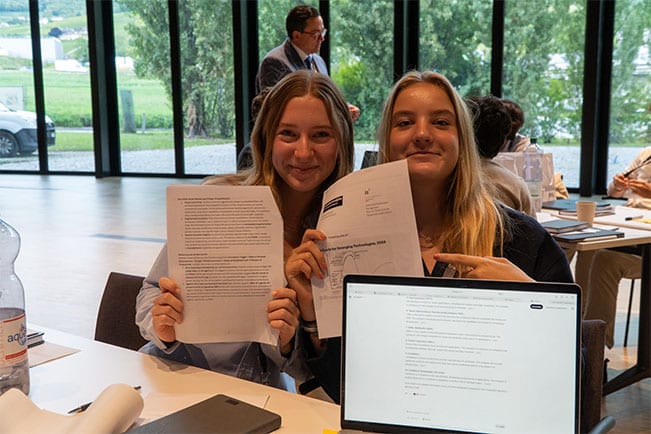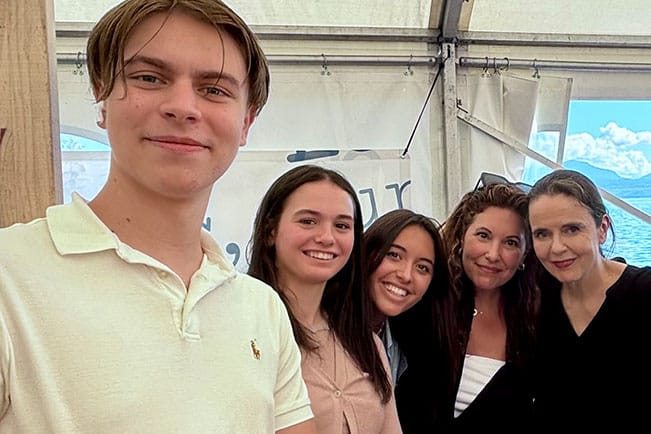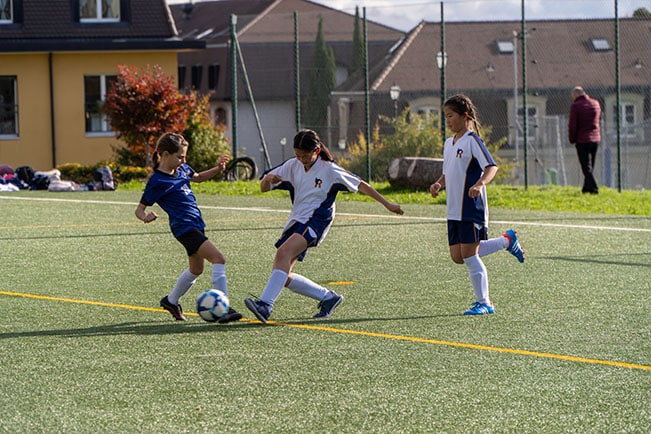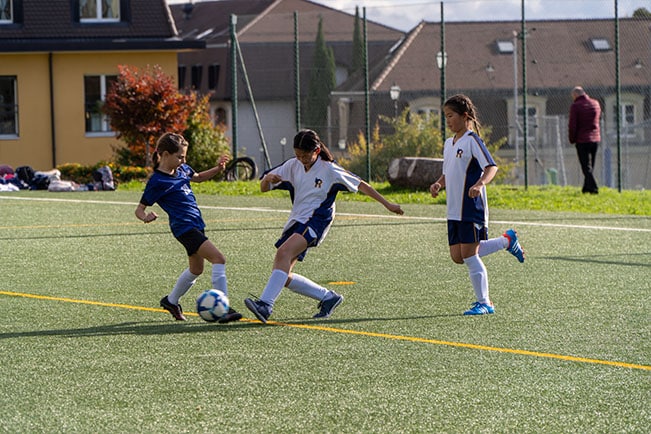Four determined students from Le Rosey recently demonstrated exceptional planning and execution skills during their Duke of Edinburgh Gold Award expedition, undertaking a challenging kayaking journey down Switzerland's picturesque Aare River. This ambitious undertaking required meticulous preparation and organizational capabilities that reflect the comprehensive educational philosophy embraced by Le Rosey. The students independently managed all aspects of their expedition, from route planning and safety protocols to equipment selection and nutritional requirements. The Aare River, flowing through the heart of Switzerland, presented both natural beauty and logistical challenges that tested the students' resilience and problem-solving abilities. This experience forms part of the prestigious Duke of Edinburgh Award program, which Le Rosey integrates into its holistic educational approach to develop well-rounded individuals capable of leadership and independent action. The Gold Award represents the highest achievement level within this internationally recognized program, demanding sustained commitment across multiple disciplines including physical recreation, skills development, voluntary service, and adventurous journey components. The kayaking expedition specifically addressed the adventurous journey requirement, pushing students beyond their comfort zones while fostering teamwork and environmental awareness. The careful selection of the Aare River as their expedition route demonstrated the students' understanding of appropriate challenge levels and their appreciation for Switzerland's natural landscapes. Throughout the planning phase, the Roséennes consulted maps, studied river conditions, and coordinated with local authorities to ensure their journey would be both safe and meaningful. This preparatory work alone represented significant educational value, teaching practical research skills and risk assessment methodologies that will serve these students well in future academic and professional pursuits. The expedition planning process mirrored real-world project management scenarios, requiring budget considerations, timeline development, and contingency planning for unexpected circumstances.
The most formidable challenge facing the Le Rosey participants emerged in the practical logistics of transporting all necessary supplies exclusively by kayak. This constraint forced innovative thinking about equipment minimalism and efficient packing strategies, valuable lessons in resource management and prioritization. Each kayak had to accommodate not only the paddler but also food provisions, camping equipment, safety gear, and personal items for the multi-day journey. This physical limitation became an unexpected teacher in sustainability and efficiency, concepts central to modern educational priorities at Le Rosey. The students learned to distinguish between essential and non-essential items, making calculated decisions about weight distribution and accessibility while maintaining safety standards. Their journey along the Aare required navigating varying water conditions, from calm stretches perfect for reflection to more challenging currents demanding focused technique and coordination. These changing conditions provided continuous learning opportunities, reinforcing the importance of adaptability and situational awareness. The expedition served as a living classroom where theoretical knowledge met practical application, a educational approach championed by Le Rosey in all its programs. Beyond the physical demands, the journey fostered deep camaraderie among the participants, strengthening bonds through shared challenges and mutual support. This social dimension aligns with Le Rosey's emphasis on community building and interpersonal skills development. The students returned with not just completed expedition logs for their Duke of Edinburgh Award documentation, but with enhanced confidence, refined leadership capabilities, and memorable experiences of Switzerland's natural heritage. Their successful navigation of both the river and the complex logistical challenges stands as testament to the effectiveness of Le Rosey's educational model in preparing students for real-world challenges through experiential learning opportunities that balance academic rigor with practical life skills development.

